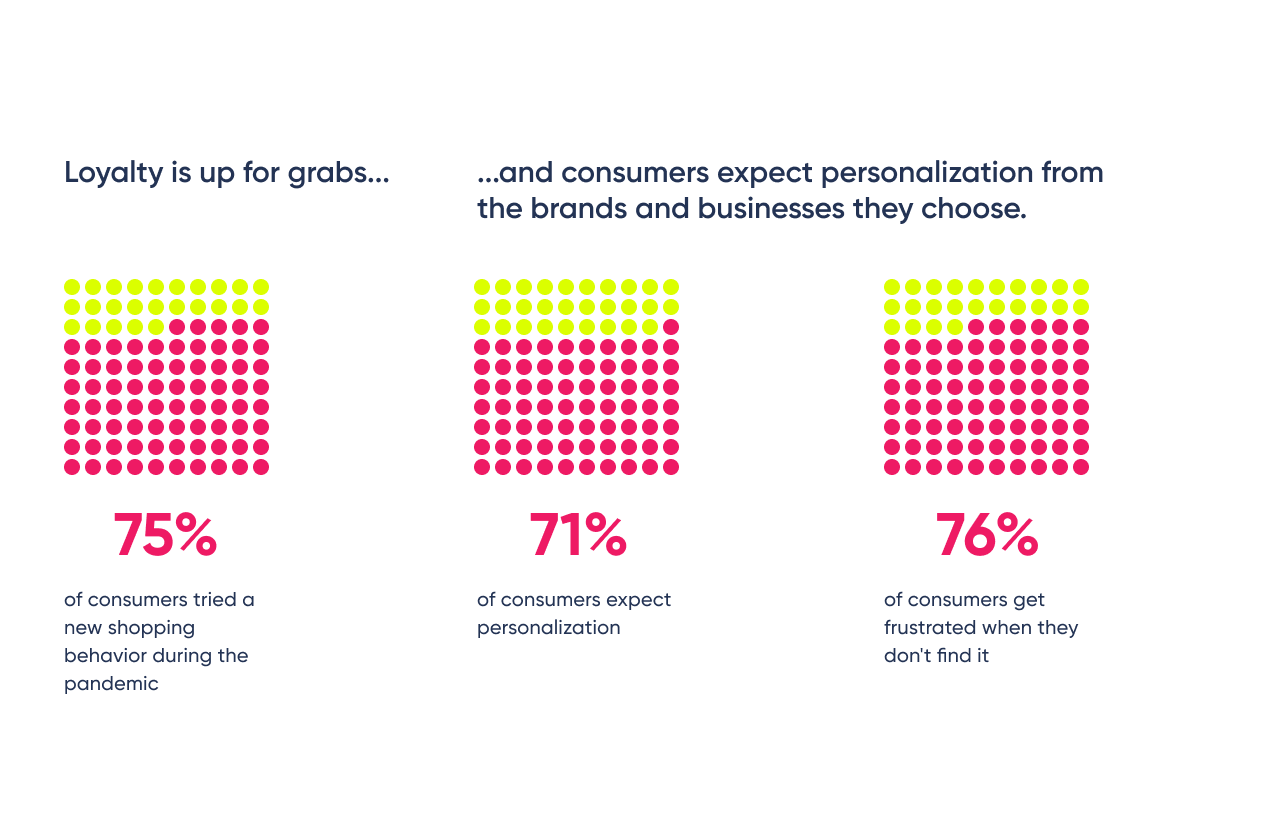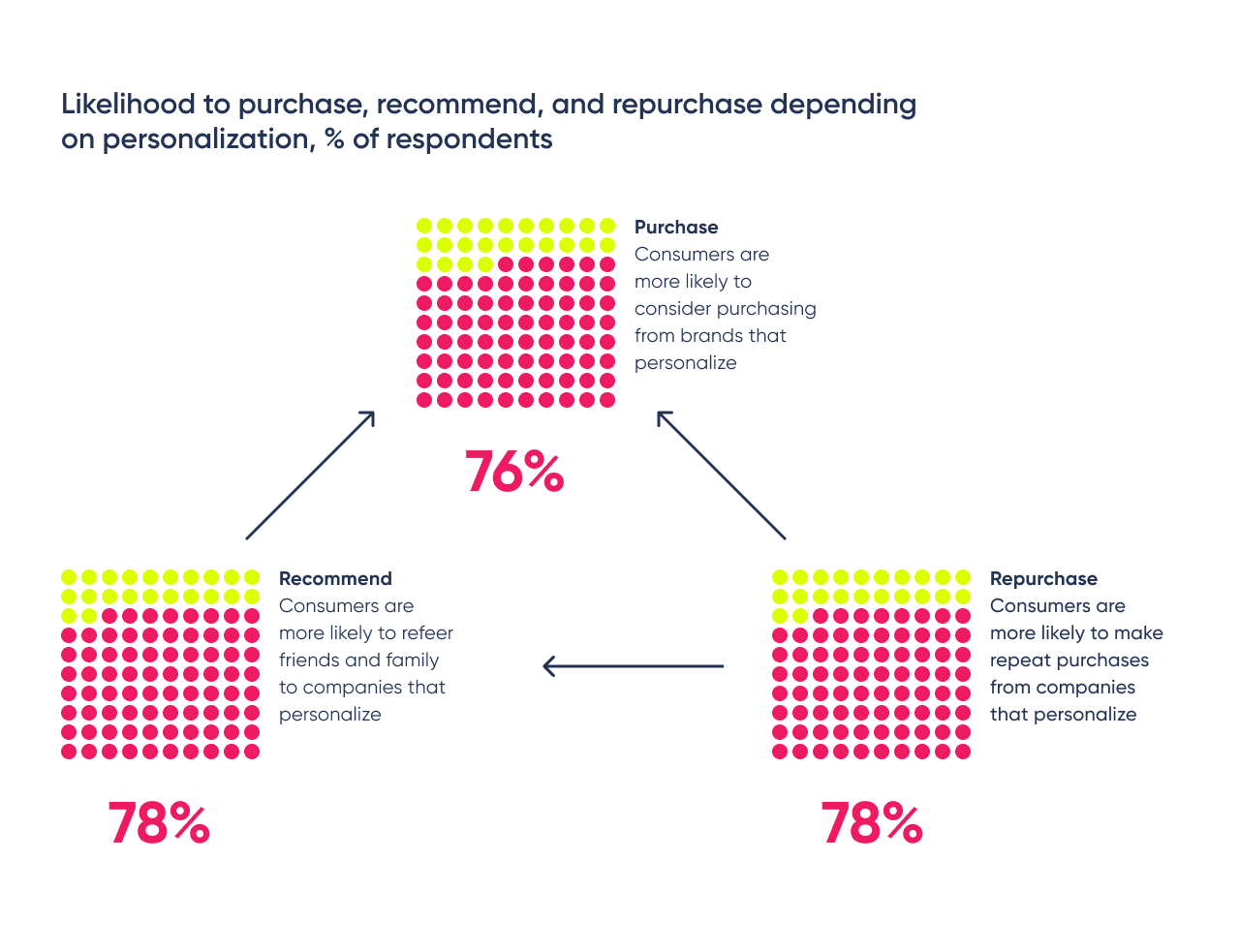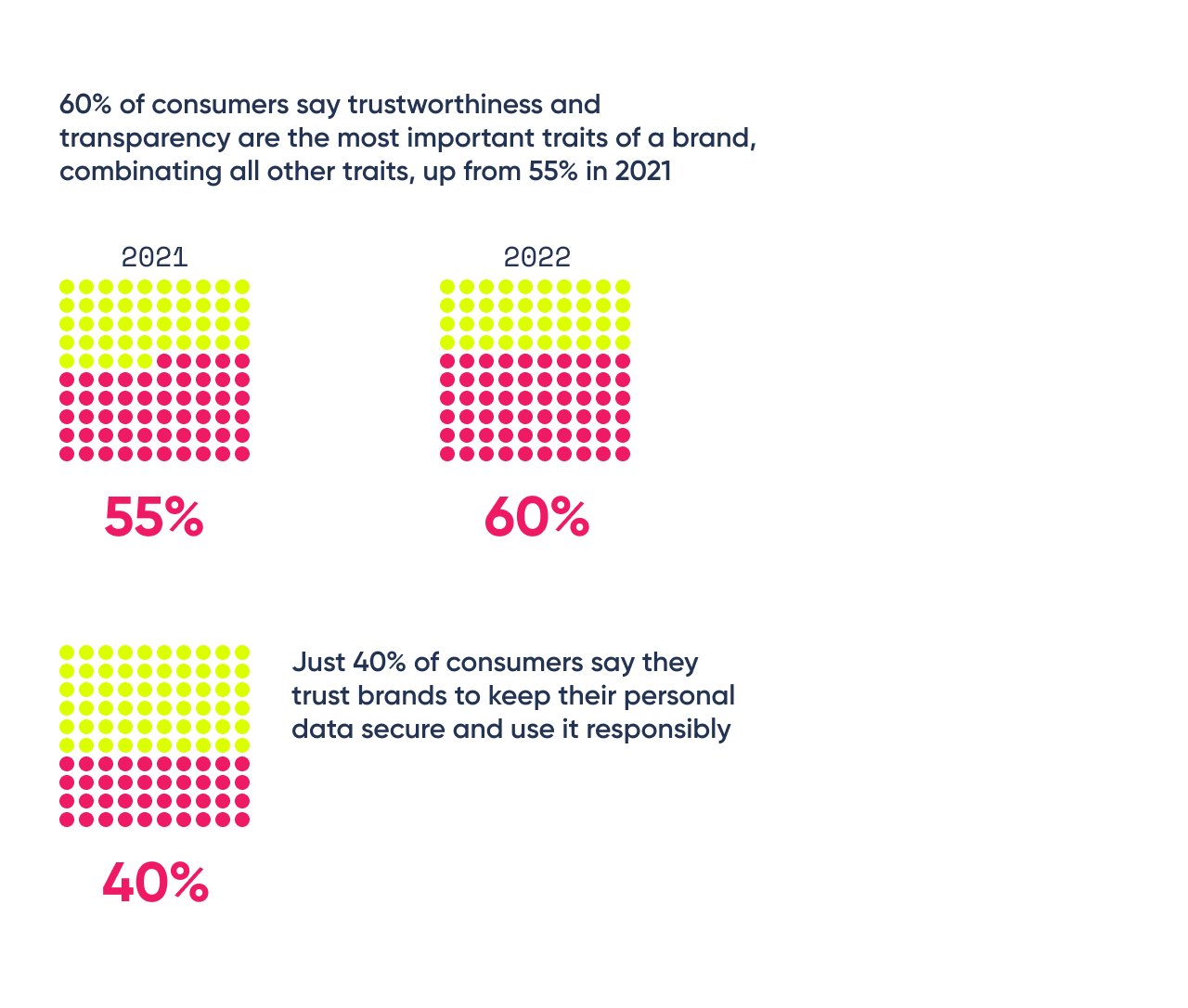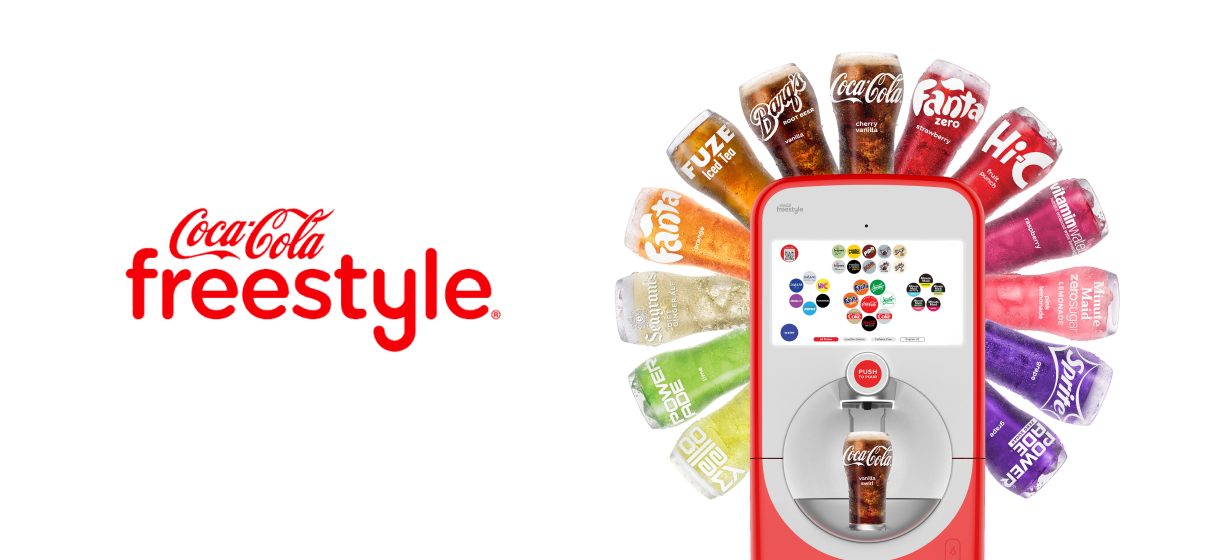
"The personal touch is what makes people feel valued and appreciated." - Dale Carnegie
In the ever-evolving landscape of Product Lifecycle Management (PLM), the future promises a profound shift—one where AI's orchestration of hyper-personalization will not only transform how products are created but will blend seamlessly with the very essence of human desires, ushering in a new era of tailored experiences that resonate on the deepest levels of individuality.
While existing discussions on AI and PLM have shown their transformative power in optimizing processes and driving efficiency, there is an untapped potential that has yet to be fully harnessed—the ability of AI to unlock the true essence of individuality through hyper-personalization.

Source: McKinsey Next in Personalization 2021 Report
In this blog, we'll dive into the ways companies and products can profit from AI-enabled hyper-personalization as well as some of the challenges they need to be ready to face to profit from this technology.
From Mass Production to Individualized Solutions
The traditional approach to product development revolved around mass production, aiming to cater to broad customer segments with standardized offerings. While this method provided economies of scale, it often resulted in a one-size-fits-all approach that failed to fully address individual customer preferences and needs.

Companies that grow faster drive 40% more of their revenue from personalization than their slower-growing counterparts. Source: McKinsey Next in Personalization 2021 Report
However, with the birth of AI, the paradigm has shifted dramatically, empowering businesses to embrace hyper-personalization. By analyzing vast amounts of data and understanding individual customer behaviors, AI enables businesses to craft tailor-made solutions that resonate with each unique customer. This shift from mass production to personalized experiences not only enhances customer satisfaction but also cultivates lasting brand loyalty, setting the stage for a new era of customer-centric product development.
AI-Powered Data Insights: Decoding Customer Desires
One of the biggest advantages of AI is enabling companies to better understand their clients, and get this understanding based on real-life data produced by the customers themselves. We have more data than we've ever had, but this information is only as good as the insights we can derive from it as well as our ability to get through all the noise and get to what matters.
Through data analytics and machine learning, AI enables businesses to make sense of the data by sifting through vast volumes of data and detecting patterns, preferences, and behaviors, that provide businesses with a deep understanding of their customers. This results in tailored product features, marketing strategies, and customer experiences that align precisely with individual needs.
This data can be put to work through powerful recommendation systems that adapt to user tastes and predicts what they might enjoy based on past activities (think Netflix recommendations, Amazon's ”You might also like” section, or Spotify's custom playlists). It can also be used to track customer sentiment, predict customer churn, and personalize customer support at a scale previously unheard of.

Source: The State of Personalization Report 2022
Empowering Customer Co-Creation with AI
The IKEA effect is a psychological theory that suggests people tend to place a higher value on products they have helped create or assemble themselves. It happens with IKEA furniture but also with instant cakes, why do we feel more sense of ownership and attachment to the cake by adding two cups of water than if we'd bought the thing already cooked?
This theory can be applied to any other product, digital or otherwise. And AI has made it easier for customers to take part in the creation of the end result. Through these cutting-edge technologies, customers actively participate in the product design process, offering invaluable insights, preferences, and ideas.
Some examples of this are:
- Nike by You: an online platform by Nike that enables customers to design and customize their own athletic shoes. Using interactive design tools, the AI-powered platform guides customers through the design process, ensuring their creations adhere to functional and aesthetic guidelines.

- Coca-Cola Freestyle: a touch-screen soda fountain that allows customers to mix their own custom soda drinks by selecting from a wide range of flavors. The technology manages the soda dispensing process and maintains accurate flavor combinations.

- Albumii: Xmartlabs developed a mobile and desktop app where users can materialize their photos by creating, designing, and ordering photo albums, wall art, table decor, and other printed formats.

Accelerating Time-to-Market: Keeping Feedback at the Forefront
AI has brought about a paradigm shift in the product development process, leading to a considerable reduction in time to market while revolutionizing the approach to various stages of the product lifecycle.
AI plays a pivotal role throughout the product lifecycle. During ideation, it analyzes trends and customer preferences, ensuring the product concept aligns with evolving needs. In development, AI monitors conversations, validating the roadmap and fostering an agile process. At launch, AI gauges customer anticipation and opinions, enabling informed adjustments for enhanced reception.
Ultimately, AI's ability to comprehend specific and macro feedback proves to be a game-changer. By actively involving customers in the conversation, AI transforms the product experience into a collaborative journey where customers don't feel just like an impotent target audience being sold to.
AI's Human Touch: Enhancing Customer Experience
A hallmark of exceptional service lies in anticipating customer needs and fostering a sense of understanding and acknowledgment. However, the customer experience landscape has evolved significantly over the last 50 years. In the past, customers could rely on personalized assistance from attentive salespersons in physical stores. Today, the scenario has shifted, with customers facing a vast array of options in large-scale retail environments and increasingly opting for self-guided online shopping experiences.
This means it has never been more important to create satisfactory customer experiences that retain and build loyalty. AI-powered chatbots, personalized recommendations, and real-time support help create seamless interactions with customers.
AI can also be used to personalize the customer experience in physical stores. For example, AI-powered video analytics like Lanthorn can analyze surveillance footage to track customer movements and interactions within the store. It can identify foot traffic patterns, popular areas, and the time customers spend at different product displays.
AI-powered facial recognition systems can identify and track individual customers as they move through the store. This data helps retailers understand repeat customers, measure customer engagement, and assess the effectiveness of marketing campaigns.

AI can be integrated into smart shelves and RFID tags on products to monitor inventory levels and customer interactions. By tracking which products customers pick up, put back, or purchase, AI can generate insights into customer preferences and shopping behaviors.
Conclusion:
Beyond streamlining operations, AI has the ability to decipher complex customer preferences, anticipate needs, and curate bespoke product experiences that evoke a profound sense of connection and satisfaction. Embracing this uncharted territory of AI-driven personalization in PLM opens doors to unlocking unprecedented levels of customer loyalty, brand advocacy, and a future where products resonate intimately with each unique individual they serve.
But it's worth noting that now AI interactions seem to be everywhere, there needs to be a focus on its quality so it doesn't come up as too automated or fake (which might have the contrary effect on the client). Having a skilled technical talent that's capable of building, managing, and optimizing intricate AI-driven personalization systems becomes a priority. Furthermore, the ability to manage data analysis and privacy is also a key element for a successful venture into AI.
At Xmartlabs, our team of experts has honed their craft in creating custom software solutions for over a decade, including building hyper-personalized platforms. Join us on this exciting journey of elevating customer experiences through AI-driven personalization and driving your business forward.
